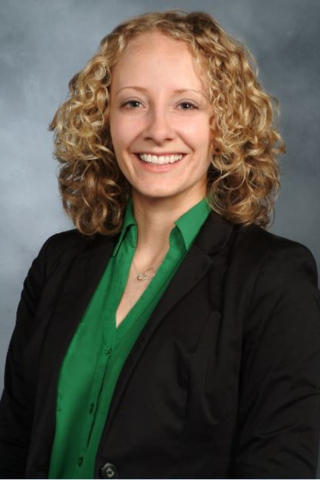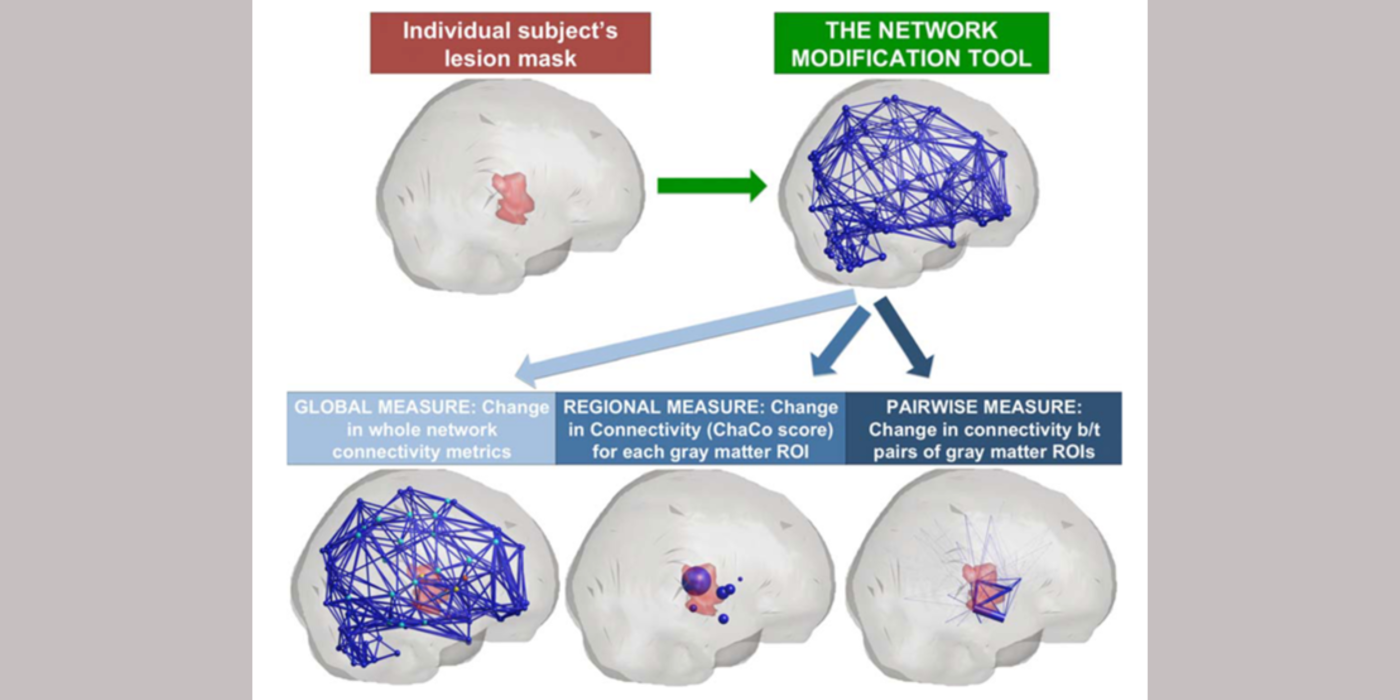
Network Modification Tool
A schematic of the Network Modification Tool and how it is used to estimate the three levels of structural connectome disruption (global, regional and pairwise) due to a given individual’s stroke lesion. (Hum Brain Mapp: 2016)
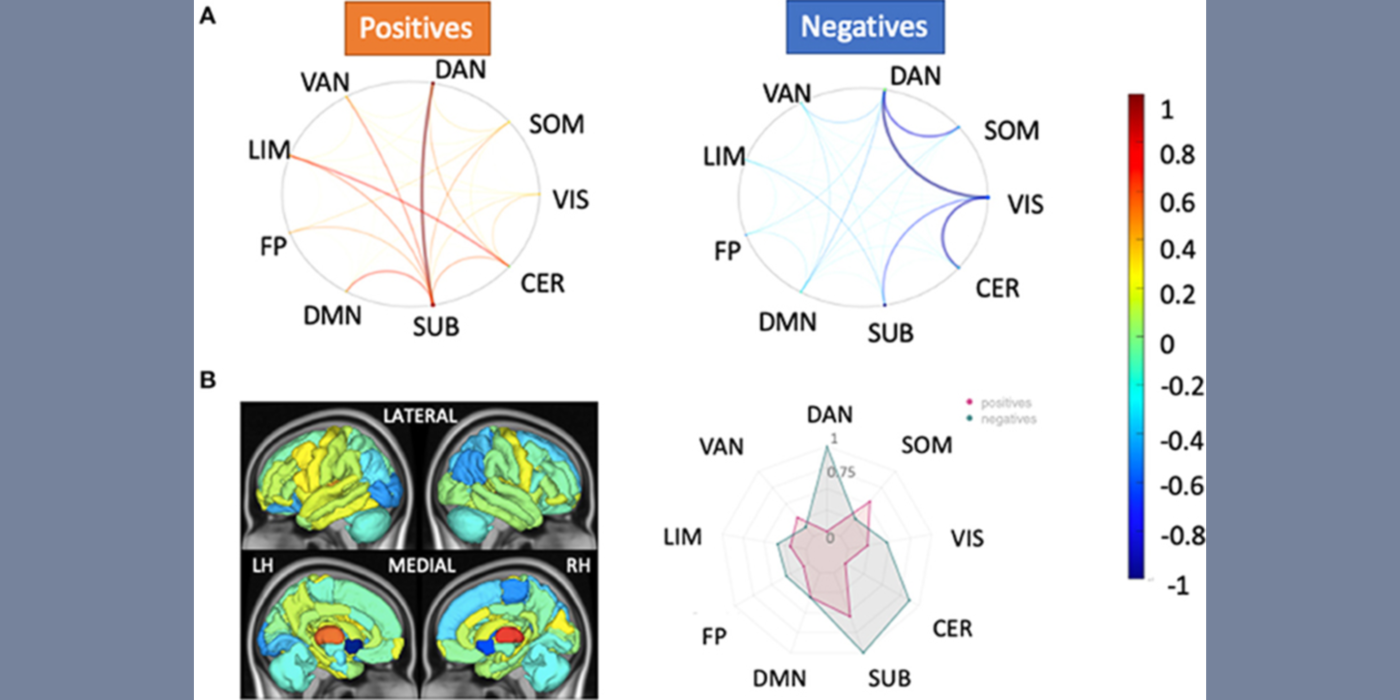
Quantifying the role of the connectome in resiliency to MS
Relative feature weights of structural connectivity (SC) models for healthy controls (HC) vs. people with multiple sclerosis (pwMS) classification task
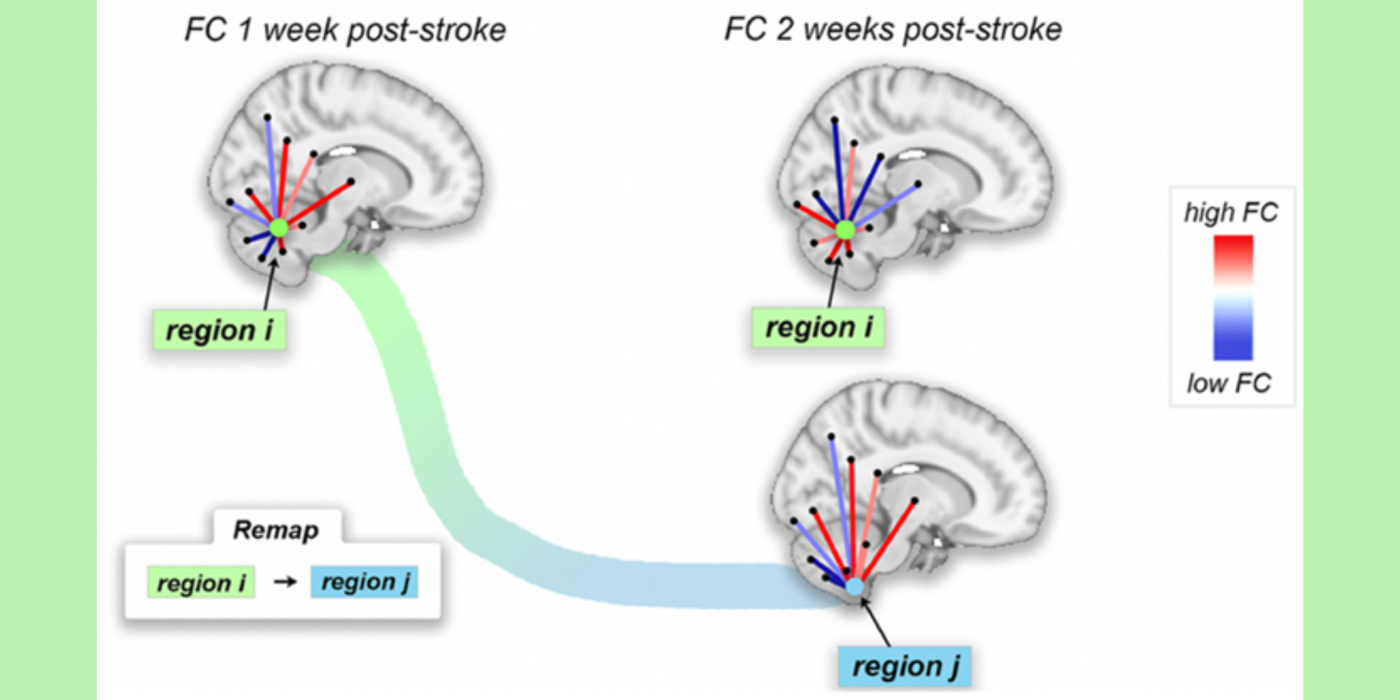
A novel metric: post-stroke connectome evolution
A graph-matching procedure used to identify brain regions whose functional connectivity (FC) is more similar to a different region’s FC in the subsequent imaging session, i.e., regions that “remap” functional profiles.
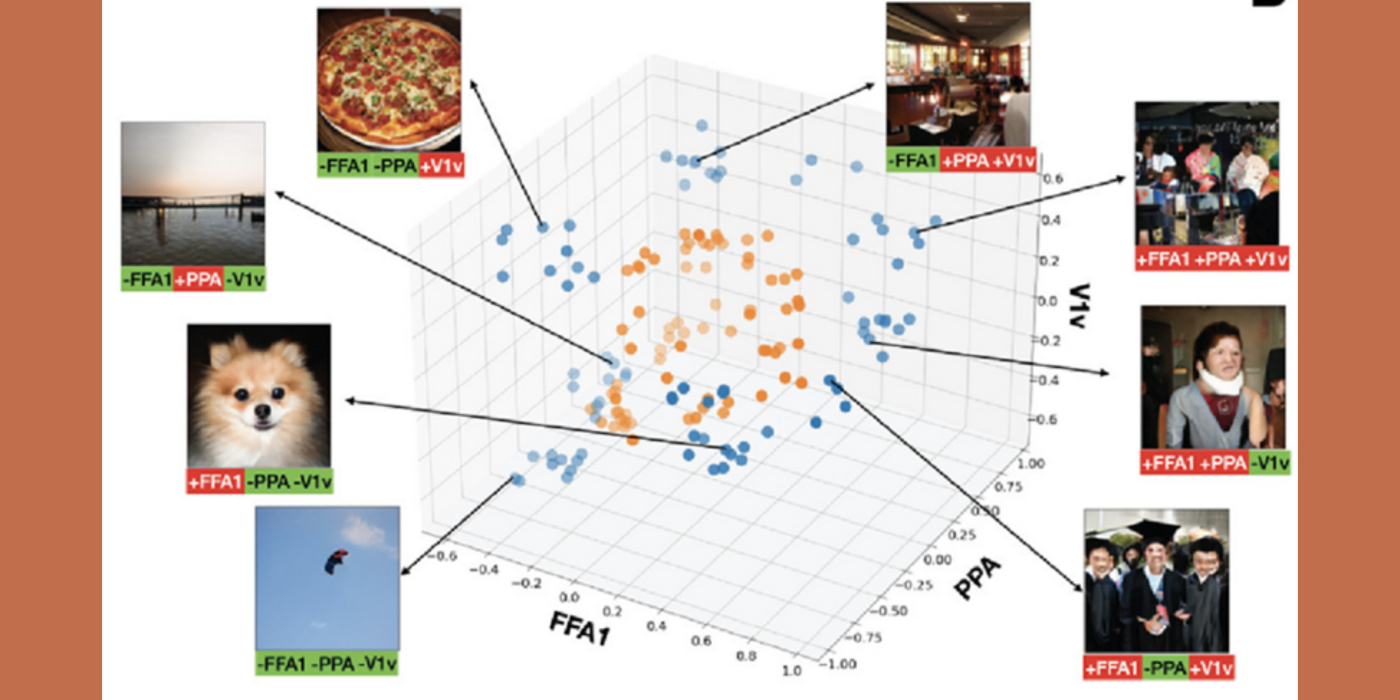
Creating/validating a non-invasive targeted brain activation method
Multi-region optimization creates synthetic images with more extreme predicted activation than natural images. See below project: “Creating and validating a Novel, Non-invasive Method for Targeted Brain Activation.” (NeuroImage: 2022, Feb 15)
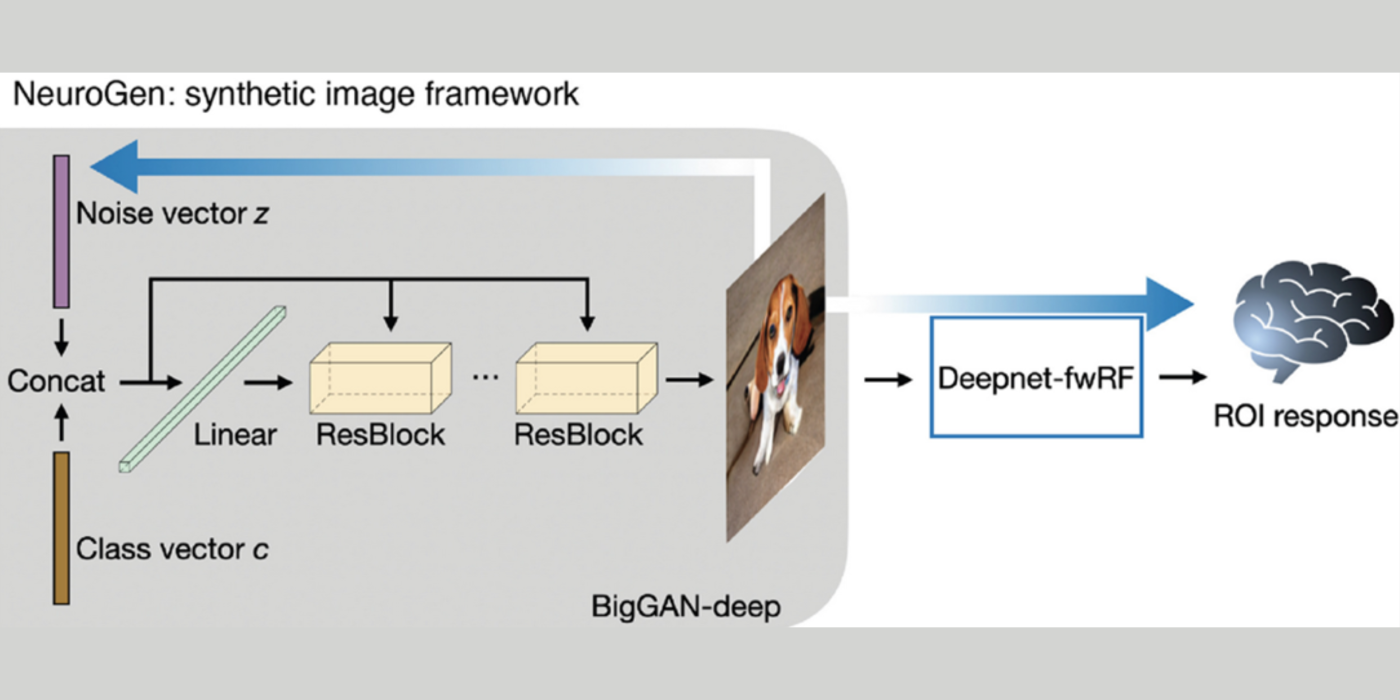
Neurogen
NeuroGen is a state-of-the-art generative framework that allows synthesis of images optimized to achieve specific, predetermined brain activation responses in the human brain.
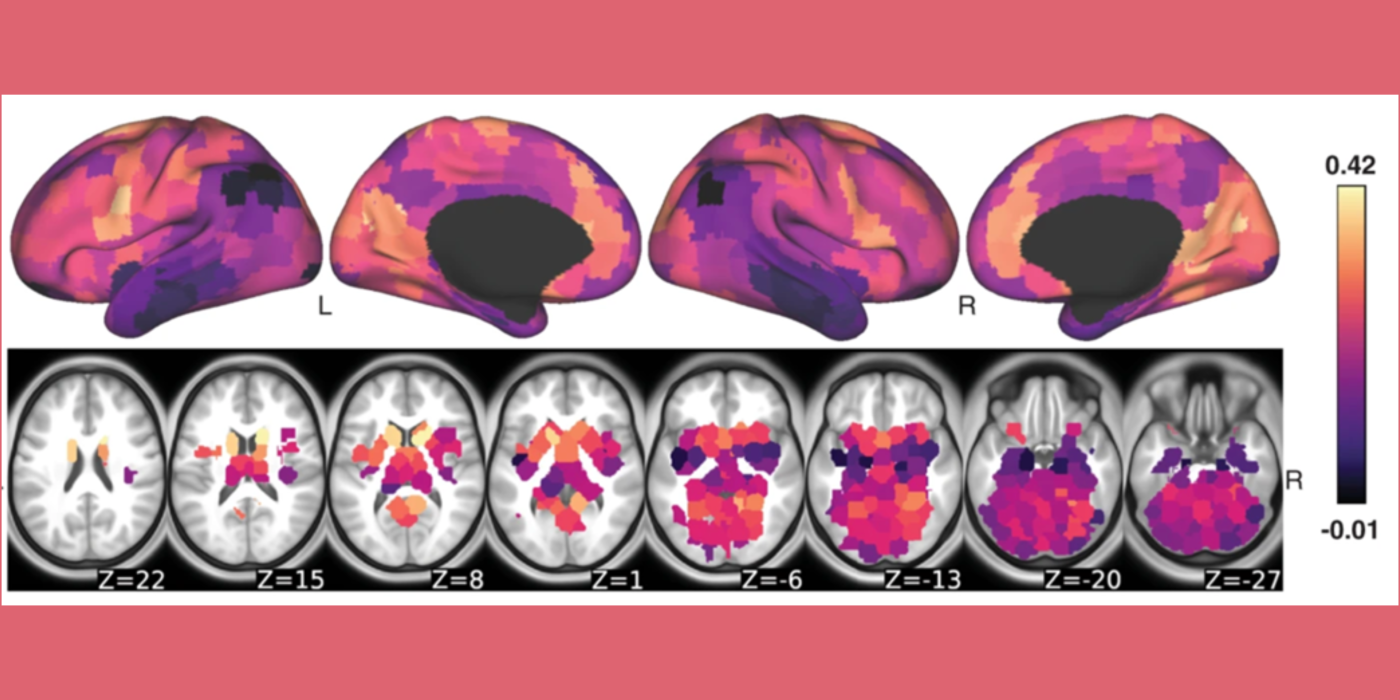
Structural-functional connectome coupling: heritability/cognitive implications
Regional whole-brain structural and functional connectivity (SC–FC) coupling varies spatially across the brain. This image displays SC–FC coupling for each cortical and subcortical region in the CC400 atlas. (Nat Comm: 2021, Aug 24)


